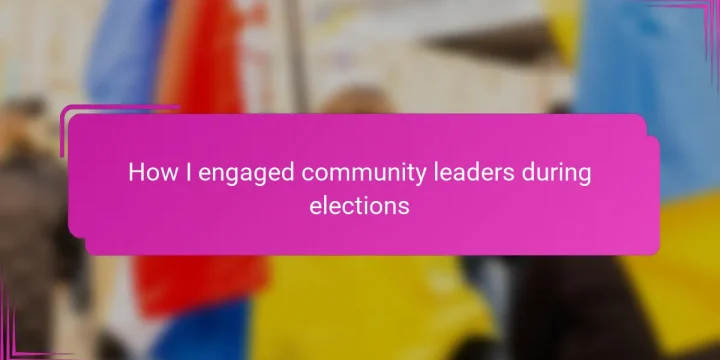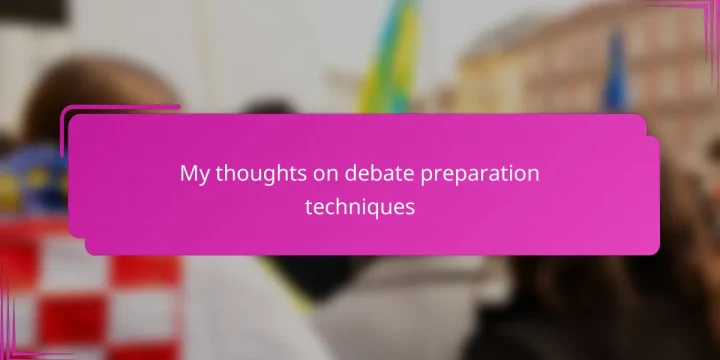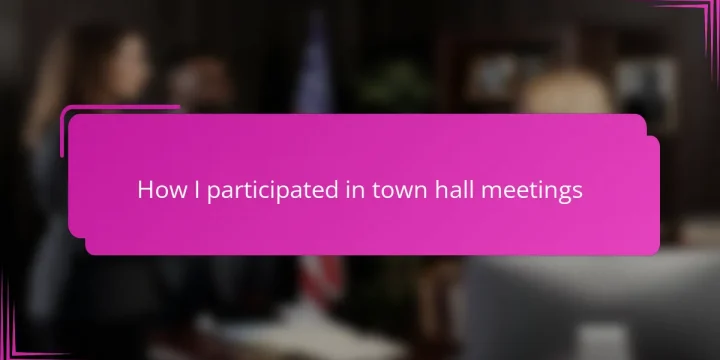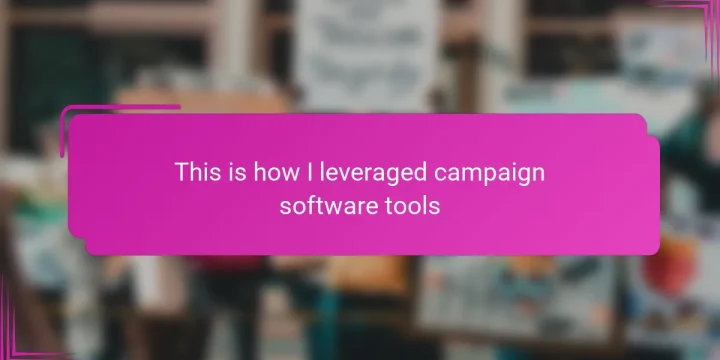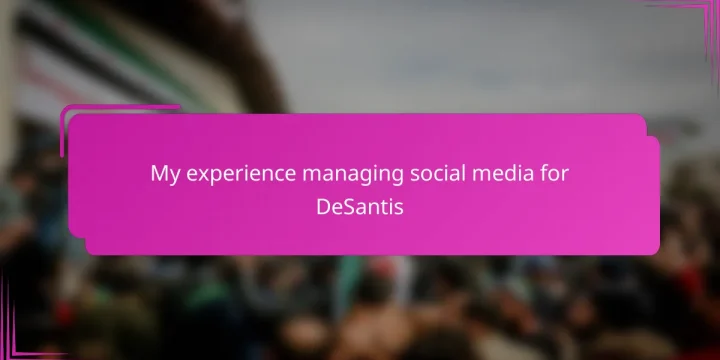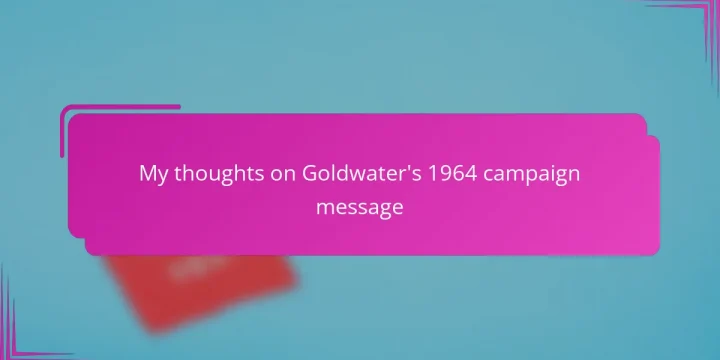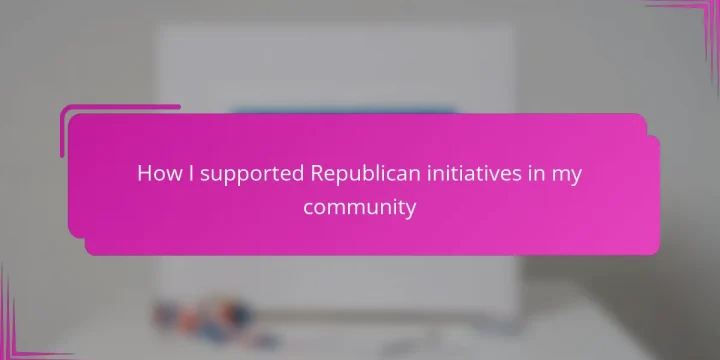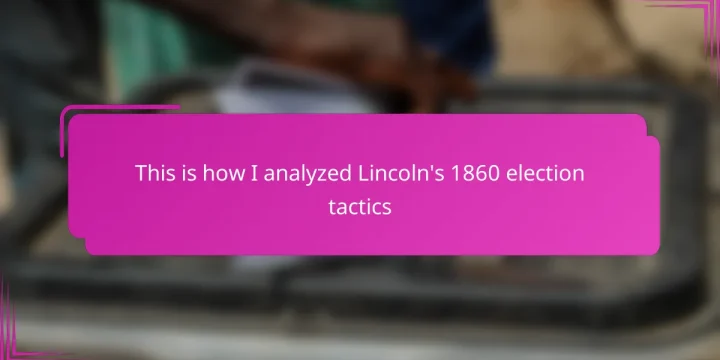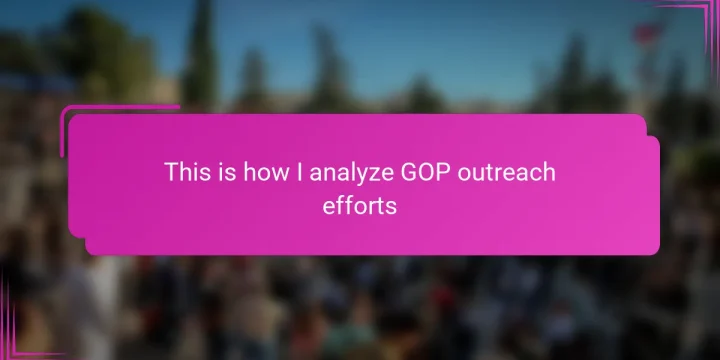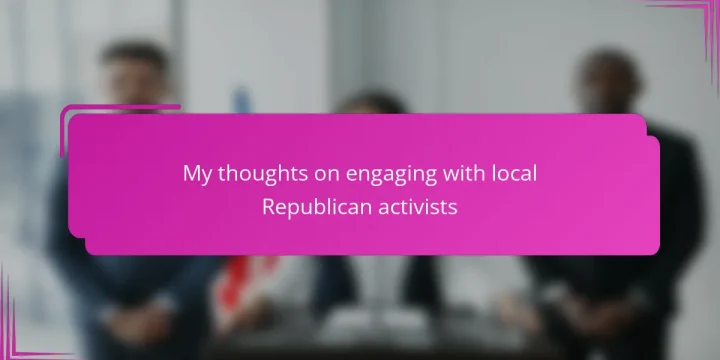
Key takeaways Local grassroots efforts are essential for Republican campaigns, with activists building strong community connections and fostering trust. Effective messaging that resonates with local concerns helps campaigns feel authentic and engage voters meaningfully. Challenges include balancing activist schedules, managing differing viewpoints, and sustaining enthusiasm over time. Building relationships with activists through genuine curiosity, consistent follow-ups, and shared personal stories fosters stronger connections and collaboration. Understanding US Republican campaigns When I first started paying attention to US Republican campaigns, I was struck by the emphasis they place on local grassroots efforts. It made me wonder: how much impact can a few committed activists really have? From what I’ve seen, these campaigns thrive on building strong connections within communities, relying on volunteers who genuinely believe in the cause. One thing I’ve…
